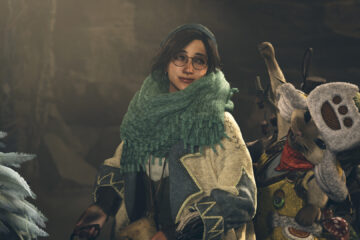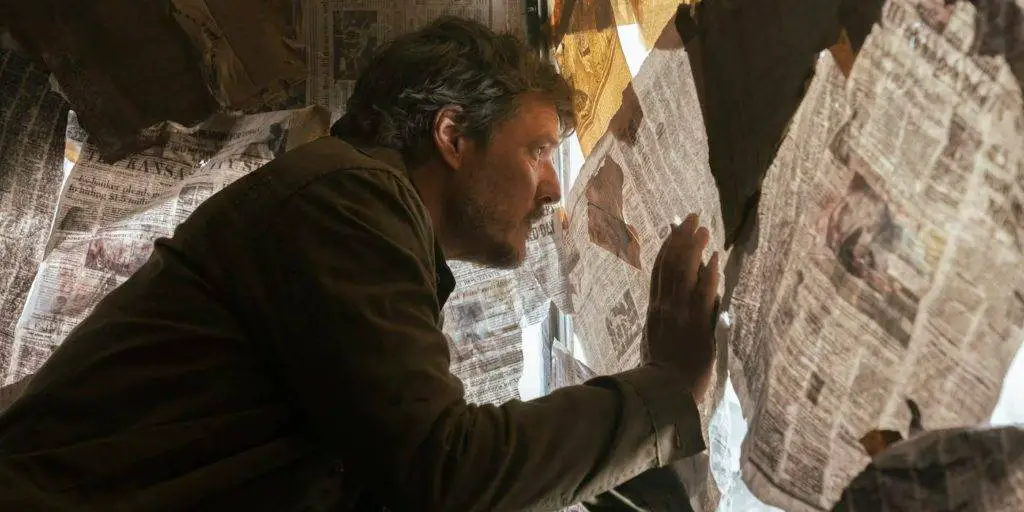
The video game movie adaptation curse is actually a thing. Whenever a successful game franchise gets a movie adaptation, gamers carry out side-by-side comparisons—with many eager to point out flaws in the movie. That trend continued on and off but HBO’s The Last of Us appears to be a big break from the norm.
For those that may not be familiar with the game, The Last of Us HBO series is an adaptation of a 2013 video game franchise developed by Naughty Dog. The story is based on post-apocalyptic America where a fungal infection led to a pandemic that transforms people into mindless zombies that gradually bloom into fungal-like creatures.
The Last of Us is the first TV series by HBO that is based on a video game. In the series, Joel (a smuggler) played by Pedro Pascal was charged with taking a teenage girl Ellie (played by Bella Ramsey) who happens to be immune to the infection across the post-apocalyptic United States.
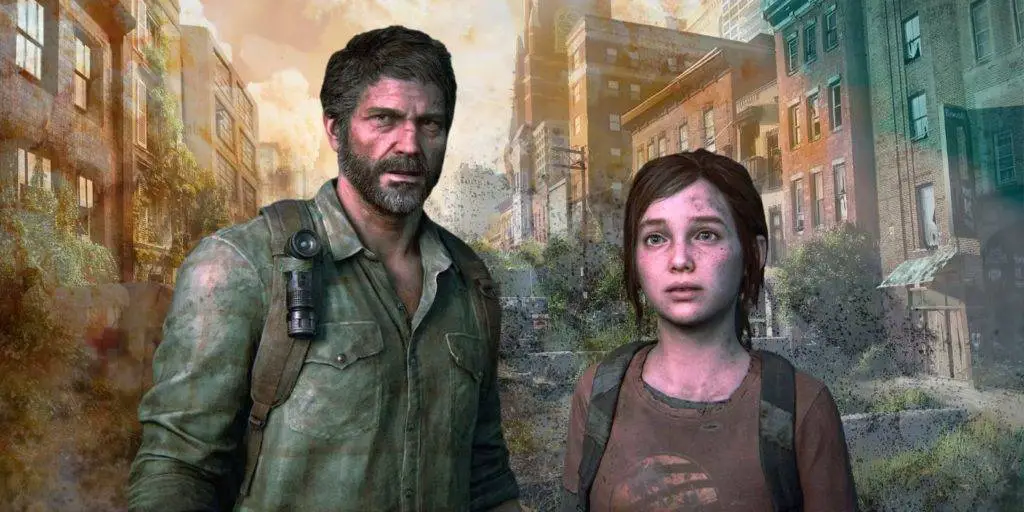
Since its premiere on 15 January 2023, The Last of Us continues to record an increasing number of live viewers. In fact, the video game movie adaptation has received accolades from critics who praised the scripting, performance, production design, and score. Some even said it is the best live-action video game adaptation.
ALSO READ: 13 Confirmed Huge Upcoming Games Of 2023
No fewer than 4.7 million viewers tuned in to watch the first episode of The Last of Us. Twenty-two million more viewers watched the episode over the next twelve days. Those stats make The Last of Us the second-biggest series for HBO since 2010.
The real reason behind the curse of video game movie adaptations
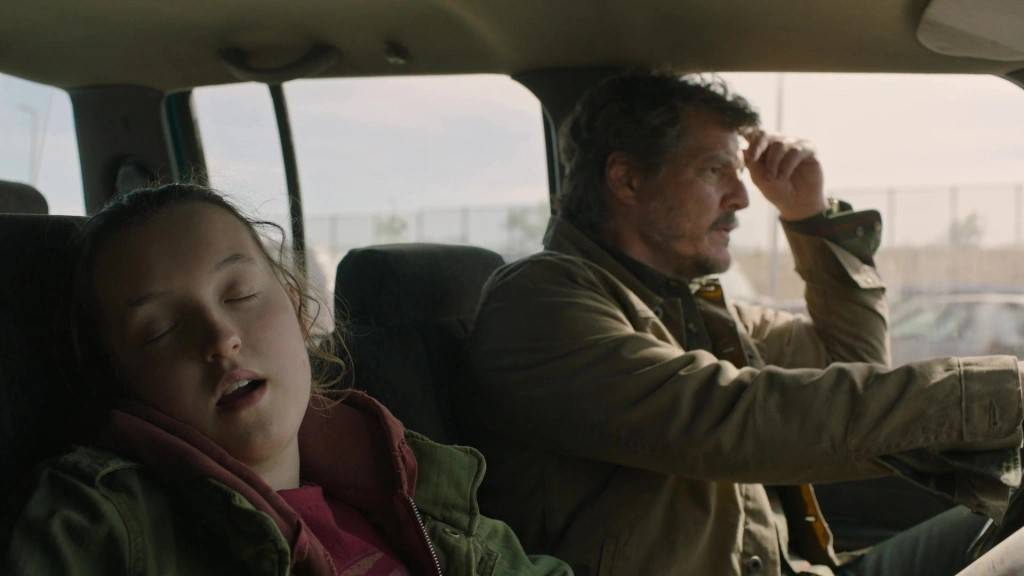
In reality, the curse of video game movie adaptations can be summed up under unrealistic expectations by gamers and movie producers. Firstly, most gamers want movie adaptations to be exactly as they played it in the video game—and some movie producers actually fall for this trap.
In The Last of Us, the producers knew it was impossible to recreate the game as it is. Therefore, the script had to be rewritten and some of the characters had to be modified too. Also, the movie producers had to rely more on sounds and lighting as well as camera angle to immerse the viewers into the tension that just about matches that of the game.
Well, with the multiple failed attempts at video game adaptation to movies, even the most positive-minded gamer may start to believe the existence of a curse. Talk about “Street Fighter: The Legend of Chun-Li” and “House of the Dead”, the list of failed attempts to bring video game actions to life goes on.
Not all video game movie adaptations are flops
While “all video game movie adaptations are bad” seems to be the popular opinion, there are really breakout productions that turned out to be big hits. “Uncharted” which featured Tom Holland and Mark Wahlberg was also a video game adaptation too.
It grossed 401.7 million in Box Office earnings which was over 200% more than Morbius’ Box Office performance (167.5 million). By every standard, Uncharted was a hit. Resident Evil is another clear indication that video game adaptation can be a huge success. The Zombie franchise by Paul W.S. Anderson spanned 6 movies.
The Resident Evil movie grossed $1.2 billion worldwide with a production budget of $313 million. Apocalypse, Extinction, Afterlife, and Retribution all topped the chart on their opening weekend at the North American box office. The Final Chapter had a production budget of $40 million but grossed $314 million worldwide.
Other video game movie adaptations that performed well in grossing include Anderson’s 1995 Mortal Kombat adaptation ($20 million budget, grossed $122 million), Simon West’s 2001 Lara Croft: Tomb Raider adaptation ($115 million budget, grossed $274 million), and Steven E. de Souza’s 1994 Street Fighter adaptation ($35 million budget, grossed $99 million).
The Last of Us continues to warm the hearts of viewers
Episode by episode, The Last of Us continues to warm the hearts of viewers. Therefore it is not surprising that the viewership count of every episode seems to trump that of the previous episode. After opening at 4.7 million viewers, the third episode drew a mammoth 6.4 million viewers.
The fourth episode experienced a 17% jump from the third with a total of 7.5 million viewers. Perhaps, the number would have been more but for the fact that it aired on the same night as the 65th Grammys. The latter had 12.4 million viewers.
Compared to the fourth episode, the number of viewers has risen by 60% since the show premiered on January 15. Due to the upcoming Super Bowl on February 12, the 5th episode of The Last Of Us will be aired on Friday, February 10 at 9 p.m. ET/6 p.m. PT on HBO Max. Apparently, HBO doesn’t want to push their luck as they did on the Grammys night.
The Last of Us series did a better job of humanizing characters
Video games are strewn with non-playable characters (NPC) and random characters as obstacles to keep the game engaging. This is another area where The Last of Us series have received accolades—and one area where bad video game adaptations fail.
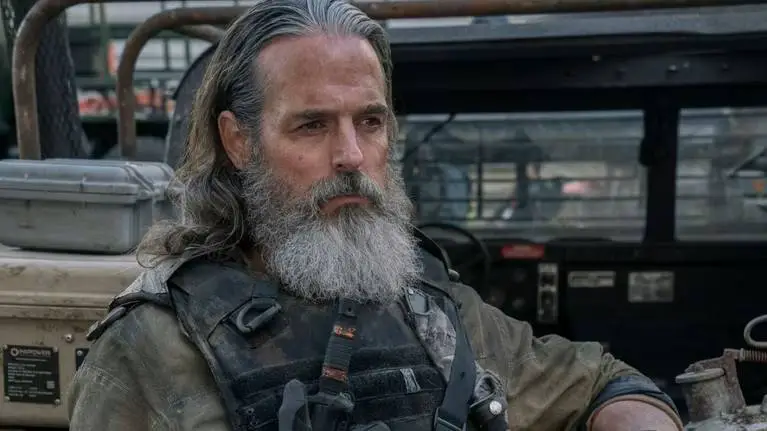
The Last of Us series was able to humanize characters that were nameless in the game. “The Hunters” are one of the obstacles in the game that got a better story than they did in the game. The series presents the hunters as a condonable threat led by Kathleen (played by Melanie Lynskey). The character was created primarily for the series.
ALSO READ: Video Games In A World Of Its Own At The Grammys For The 1st Time
Kathleen was hunting Henry (played by Lamar Johnson), a man she believed was responsible for the brutal murder of her brother at the hands of FEDRA. Kathleen claimed the information Henry disclosed led to the death of her brother.
So, when other hunters found the men that Joel killed, there was speculation that Henry called in foreign aid. In response, Kathleen mobilizes the hunters to kill the outsider Henry and the outsider first before he kills all the hunters.
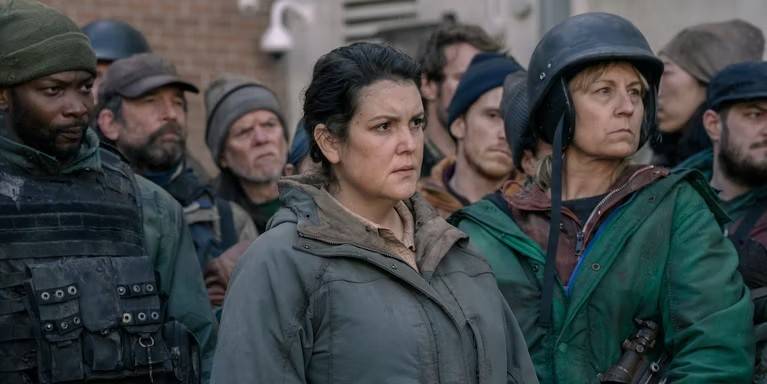
Obviously, The Last of Us did not try to just recreate the video game with live actors. Instead, they twisted the tail in a way that would make sense to the TV audience.
The success of The Last of Us can be the bridge linking gamers and non-gamers who want to be part of the story but are averse to the idea of an adult gripping onto pads instead of being gainfully engaged. It could also spur more video game adaptations in the future.

